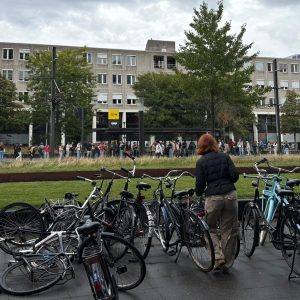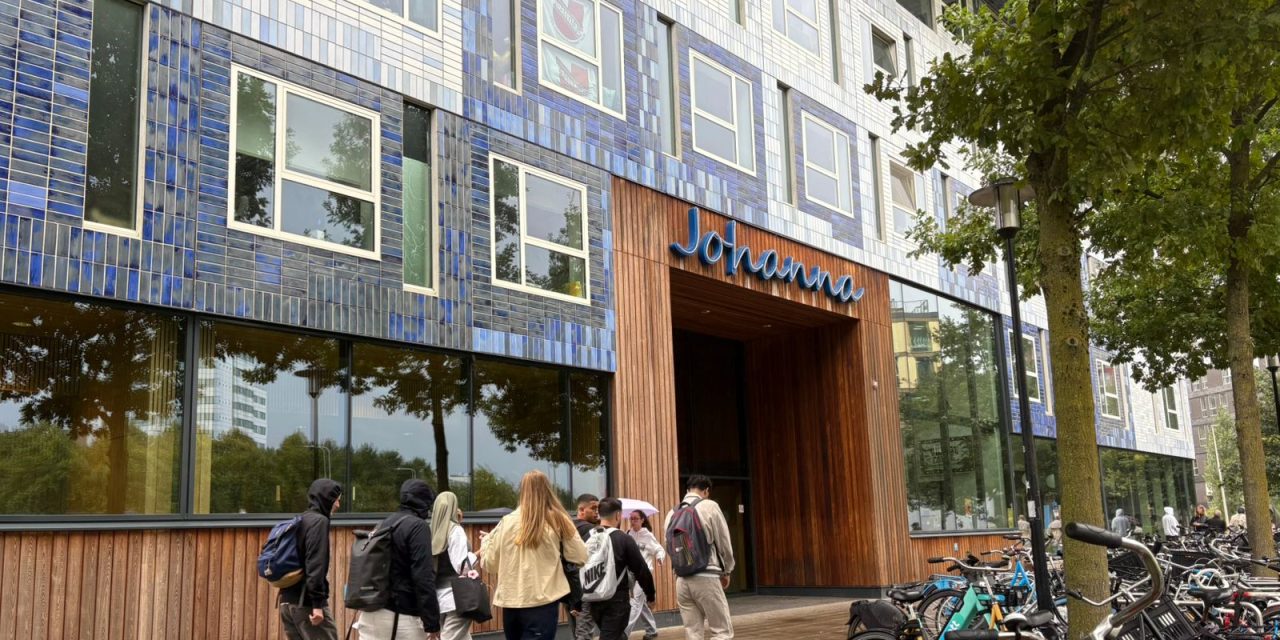The start of the new academic year brings a range of emotions for students, which can be particularly pronounced for those choosing to study abroad. The housing crisis in the Netherlands is affecting exchange students in many ways that can influence their overall quality of life. As finding accommodation becomes increasingly difficult, students’ studies, social life, and well-being are threatened. Utrecht is one of the many places in Europe where you can encounter this problem, similar to Barcelona, with its unaffordable housing market, or in Amsterdam and Zurich, which rank just below Barcelona’s unaffordable city crisis. So understanding the experience of this challenge is a crucial part of dealing with and solving the problem for many Europeans.
Caroline, a 25-year-old Danish student who moved to Utrecht for her studies, has been one of many who have faced struggles in securing accommodation. According to her, the process has not just been hard but unmanageable. “It’s not just difficult, it’s nearly impossible to find housing as a student here.”
The excitement of being in a new environment, the exploration of a different city, and adapting to an academic setting have been significantly affected by stress. “I feel like I’m missing out on everything: connections, activities, even enjoying the city…It feels like I’m split in two: one part wants to study and explore, the other is constantly stressed about housing,” she explained.
Caroline’s worries, or Utrecht’s challenges, are not just isolated cases. Exchange students all over Europe can recognize themselves in this story. Not being able to study or socialize easily because of the underlying issue is not the only consequence of the housing crisis. As mentioned with other European cities, affordability plays a big role in the daily life of students.

Even though the requests are not that demanding, as Caroline says, “I don’t feel like I’m asking for much, I just want a place to live – I just want a bed and the chance to cook a meal.” Even these basic needs can be tied to unexpected costs, such as transportation, hotels, hostels, in or near the city where the student wants to study. Caroline, like many others has considered staying outside of Utrecht as well, but she explained that the cost of transportation and the commute would be too much. “Transport would cost me €350 extra per month on top of crazy rent prices—I can’t afford that….I spend all my money on hostels and hotels instead of enjoying student life.”

Specifically in Utrecht, new housing projects already exist and some Dutch universities advise students to be prepared or even consider not attending at all if they have not secured housing beforehand; however, these are not convenient solutions as of today. For now, Caroline’s study abroad experience has turned into a gamble, and she is far from alone. The prospects of having a generation of students giving up on exploring exchange study programs are real. Unless the crisis is effectively tackled, “no room to learn” is going to be a reality for many, both figuratively and literally.




